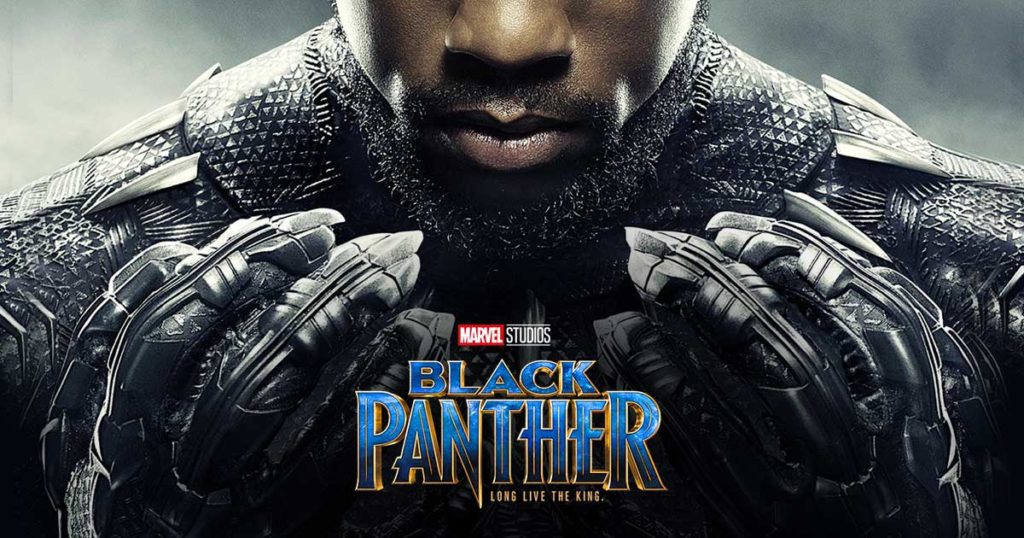The Oscar Nominations: A Mixed Bag
By • January 24, 2019 0 680

The Oscar nominations are out, and you know what that means.
It’s only a little less than a month to the actual, and still host-less, Academy Awards, that action-packed evening of red-carpet appearances, tears, surprises and all that jazz — which, if I remember correctly, did not garner a Best Director Oscar for Broadway and movie legend Bob Fosse, although he did win one for the movie version of “Cabaret.”
Feb. 24 will mark the last gasp of the movie-cinema-film awards season, after which — once we finish debating who should have won — we can actually start going to movies again, awaiting with bated (or perhaps abated) breath the coming of the next slew of summer blockbusters starring Marvel, DC and Disney characters.
Not that this year’s nominations didn’t have their fair and unfair recriminations, celebrations and controversies, although perhaps not as many as usual.
It’s an odd lot, this lot of 2019 nominations, given that the two films that tied for the most nominations (10) you may or may not have heard of, although they received plenty of notice in the parties and shows leading up to the nominations: “Roma,” a black-and-white critical favorite of love and loved ones, streamed by Netflix in an unusual development; and “The Favourite,” an intimate epic (if such is possible) about the court of little-known, early 18th-century British Queen Anne.
If you look at all of the nominations, you see both how much the Oscars have changed in the age of gender, race and diversity concerns and, in some more general ways, how much they have remained the same. Oscar has always been about, in various ways, popularity, artistry and art, “serious” movies as opposed to merely entertaining movies, social and cultural issues, the power of money and stars and the familiar arc of artists (especially actors) rising out of obscurity to snare the highest award, then disappearing into obscurity once again.
This year’s nominations included some startling choices that came out of nowhere and demonstrate a lot of purely Hollywood issues, including the fact that the event has gone international and worldwide, not just commercially or box-office wise, but also literally.
“Roma,” especially, amounts to a kind of revolution. The focus on streaming means not too many people have seen it. It has gained fame and respect for director Alfonso Cuarón, who’s been nominated in an unprecedented three categories — Best Director, Best Original screenplay and Best Cinematography — not to mention nominations for Yalitza Aparicio for Best Actress and for Marina de Tavira for Best Supporting Actress.
“Roma” probably won’t break any box-office records — Best Picture-nominated “Black Panther” has those honors this year — but it one of those quiet, almost muted and patient artistic efforts that seems to draw buzz and word-of-mouth attention almost effortlessly.
On the opposite spectrum, there’s “A Star is Born,” which is purely Hollywood pop culture. It has made over $200 million and has its own version of Cuarón in triple-threat star Bradley Cooper, who gets a lot of love but not a lot of professional respect, not picking up a Best Director nod. But “Star” is his baby, although there’s no question that the presence of Oscar-nominated Lady Gaga makes it a cinch for something, probably a win for her, maybe a way-out chance for Cooper for Best Actor and a win for the Gaga-sung song “Shallow.”
“Black Panther” (seven nominations), a highly praised adaptation of a Marvel Comics epic about a superhero from Africa, pulled in a billion or so, proving not only that it’s possible to get serious honors with serious money, but that heroes, super or otherwise, come from a diverse universe.
Speaking of race, Spike Lee finally netted an Oscar nomination — long, long overdue — for “BlacKkKlansman,” which probably doesn’t make up for not getting it for “Do the Right Thing,” “Malcolm X” and others.
Hollywood often loves to reward longevity, so maybe Sam Elliott, who can act better with his moustache than most actors save Tom Selleck, has a chance with his supporting role in “A Star Is Born,” although my money — very little of it — is on Mahershala Ali for “Green Book,” which also has Viggo Mortensen, who was once the hero of “The Lord of the Rings” trilogy, up for Best Actor.
He’ll be competing with Christian Bale, who beefed, if not buffed, up for his role as the dark prince Dick Cheney in the much praised “Vice,” about the top-tier government shenanigans in the George W. Bush era, with Sam Rockwell up for Best Supporting Actor for playing W himself.
If you want to feel some hope that the future of Oscar will be diversity, with something for everyone, check out the Best Picture list. Besides “Star” and “Roma” and “Panther” and “Vice” and “BlacKkKlansman” and “The Favourite” — a very British kind of movie which Hollywood in past years has always adored, what with kings and queens and perfect diction — there’s “Bohemian Rhapsody,” in which dark horse Best Actor-nominated Rami Malek may have a shot as ill-fated rock-and-roller Freddie Mercury.
Speaking of long shots, “At Eternity’s Gate” (which is not about the length of the partial shutdown) returns Vincent van Gogh to the silver screen in the person of always strange Hollywooder Willem Dafoe.
How about this: Did anyone expect to see Melissa McCarthy on the Best Actress list as an art forger? Glenn Close is a tight favorite in the Best Actress category, however, which is more than competitive here for “The Wife.” Gaga has a shot, but so does Olivia Colman as Queen Anne in “The Favourite” and Aparicio for “Roma.”
Change is in the air at the Oscars. You can count on that one.

